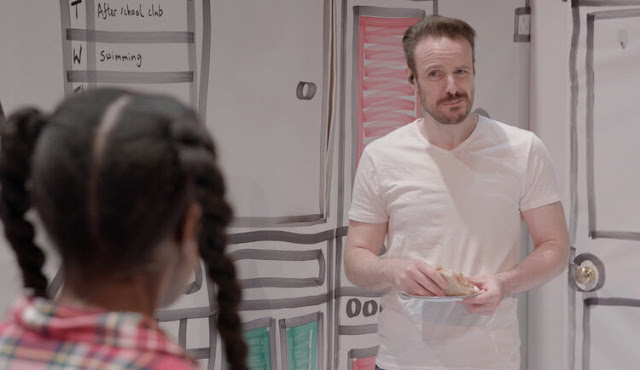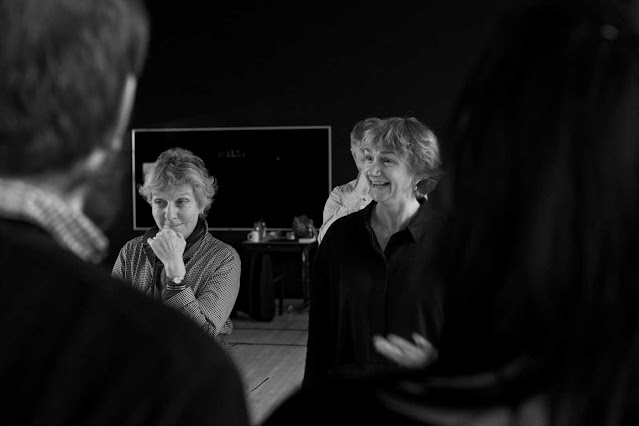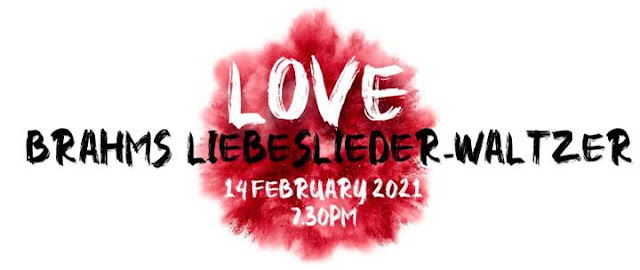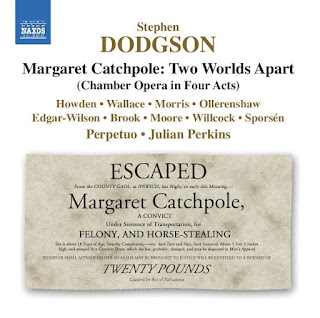 |
| Humperdinck: Hansel and Gretel - Nadine Benjamin - Scottish Opera (Photo James Glossop) |
This week there were a number of threads running through our watching and listening, there were beginnings and endings, with the Academy of Ancient Music looking forward to the start of Laurence Cummings' term as artistic director whilst the Orchestra of the Age of Enlightement were looking at the end of Romanticism and the composers who emerged from under Wagner's shadow. This carried over into Scottish Opera's film of another late Romantic masterpiece by Wagner's pupil Humperdinck. Dance was another theme, whether Baroque with the AAM or more modern with the lively young people of W11 Opera whose lockdown creation of Jukebox was full of verve.
W11 Opera's Jukebox was an imaginative solution to the problem of creating opera with young people during lockdown. By mining the company's back catalogue (it celebrates its 50th anniversary this year), artistic director Susan Moore [see my interview with Susan 'Children can do so much more than you think'] threaded together scenes from past shows, all written specially for the company, and linked them with a lively script. Rehearsals were via Zoom, and the 30 young performers all filmed themselves in their living rooms, their gardens and elsewhere, each in an imaginative costume. There was dialogue too, and here was the film's neatest trick, for each patch of dialogue we would briefly see the individual performers then their voices would continue and Chris Glyn's lovely hand-drawn animations would replace them.
The result was impressive and an entertaining delight. There were some strong individual performances and impressively coordinated ensembles. Some performers were clearly very aware of the camera, but others seemed to be naturals. It was refreshing and imaginative, definitely not a film of a stage performance but something that could only have been created on video. Whilst the young performers may have not got to perform together this year, they certainly created something distinctive. [W11 Opera]
On 19 December 2020, Scottish Opera was able to film a new production of Engelbert Humperdinck's Hansel and Gretel, in the Theatre Royal, Glasgow. David Parry conducted the orchestra of Scottish Opera in a reduced orchestration by Derek Clark with the orchestra spread out on the stage, and Daisy Evans' production taking place on the fore-stage over the pit. Rhian Lois and Kitty Whately were the children, with Nadine Benjamin and Philip Rhodes as their parents, with Benjamin doubling as the Witch. Charlie Drummond was the Sandman and Dew Fairy. The production used a chorus of four women who took an active part in the whole production, with Evans using them imaginatively to create dynamic settings, particularly for the forest.
There is something innately silly about watching two grown women, both with children of their own, pretending to be children but Lois and Whately brought it off.



















.jpg)

.jpeg)





.jpeg)